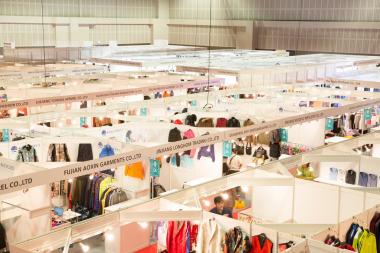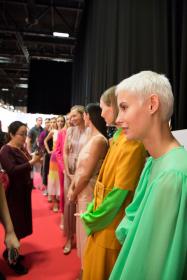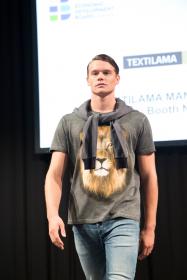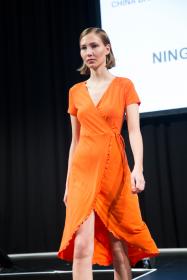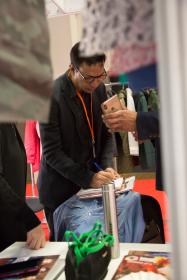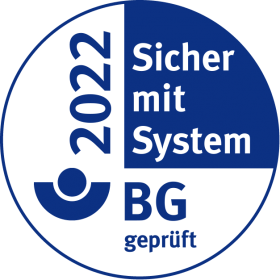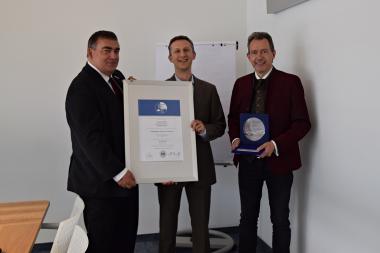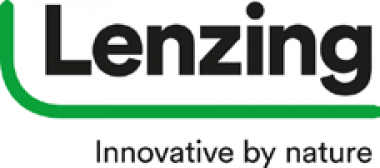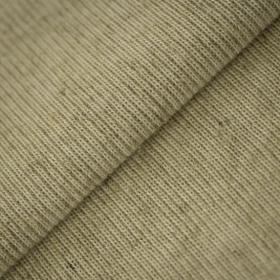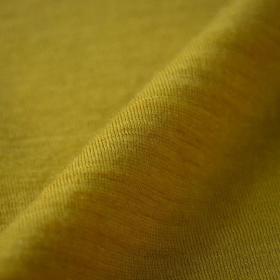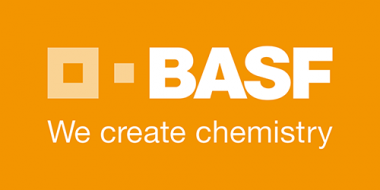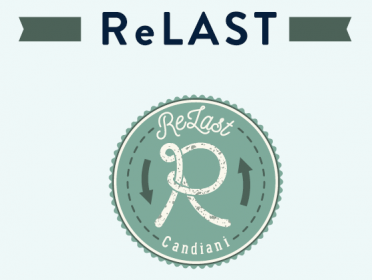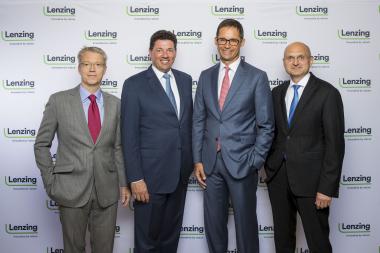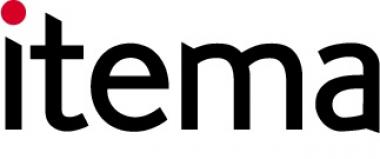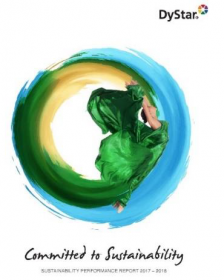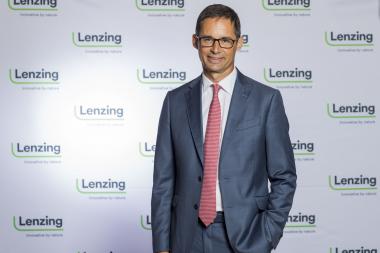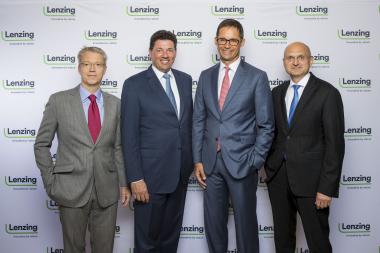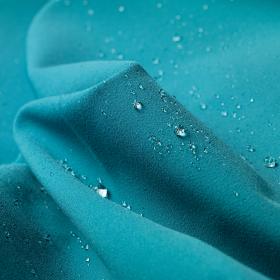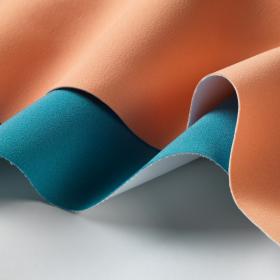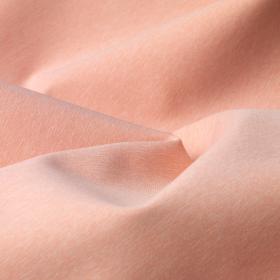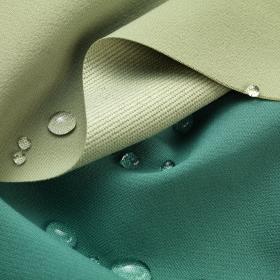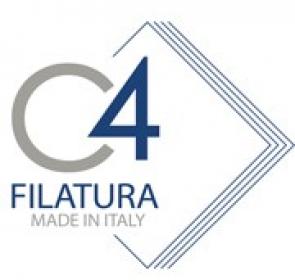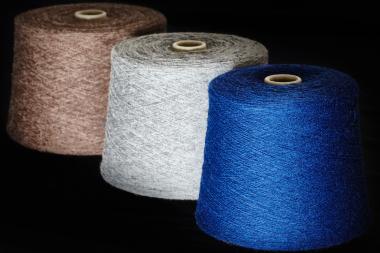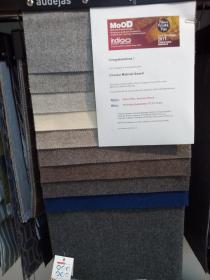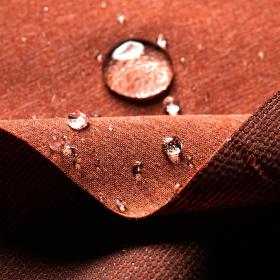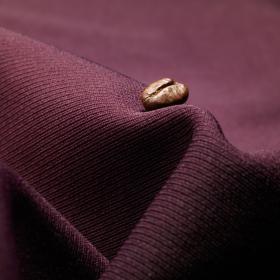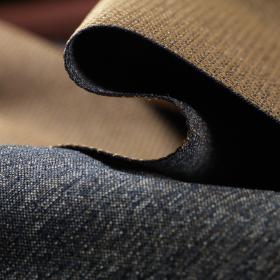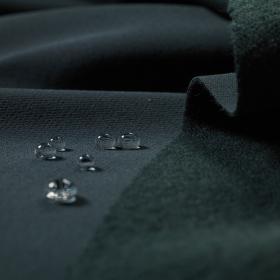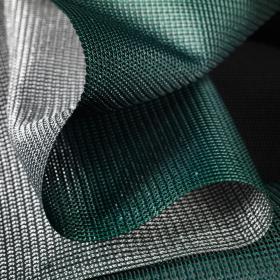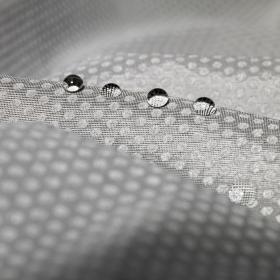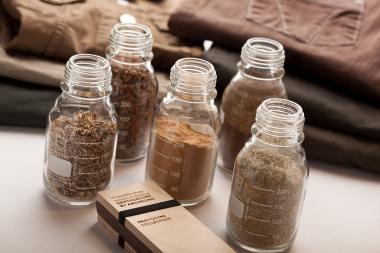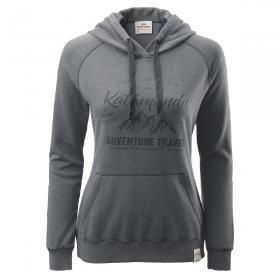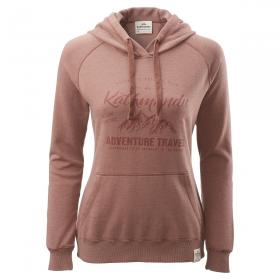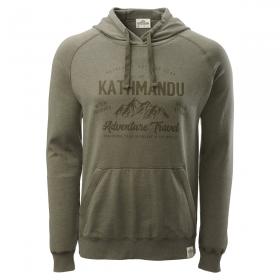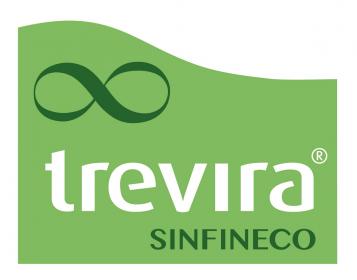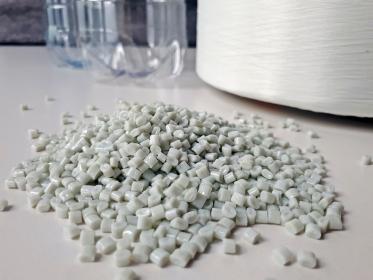International textile trade fair Apparel Textile Sourcing Germany (ATSG) celebrates successful premiere
Berlin - 200 exhibitors, around 1,000 visitors and over 20 speakers from Germany and abroad – the ATSG textile fair premiered in Berlin from 11 to 13 September 2019 brought together exhibitors, speakers and trade visitors from all over the world. Jason Prescott, CEO of JP Communications, said he was satisfied with the event at the Estrel Conference Center: "The first step has been taken, now we will establish the ATSG as an important event of the Berlin fashion and textile world".
The ATSG was the first fair of its kind in Germany. "There are many fashion trade fairs for sale from wholesale to retail. Berlin has so far lacked an event for companies of all sizes, including micro-brands and small fashion labels," continues Jason Prescott. The exhibited product categories included fabrics, technical clothing, mixed and knitted fabrics, home textiles, leather, natural and synthetic fibres, readymade goods and fashion accessories. Visitors to major European fashion brands as well as small, independent brands from the Berlin fashion scene were able to take a close look at raw materials and finished garments and discuss their ideas personally with the exhibitors. In parallel, China Textile Brand Show (Berlin), sponsored by Chinese Ministry of Commerce (MOFCOM), made its debut bringing in more than 150 superb Chinese manufacturers with their best collections for Germany and EU market.
Opening Ceremony, Lectures and Fashion Show
The ATSG was opened by Chinese government representatives and international association delegates. More than 20 lectures on the three days provided the latest impulses for thought and discussion. In their lectures and panel discussions, speakers from all over the world presented current positions on topics such as "All China? Or is there more to it?", "Application examples of artificial intelligence in the fashion industry", "Optimal logistics concepts for Europe", or "The importance of sustainability in the European fashion industry".
Wilson Zhu, COO at Li & Fung, one of the world's largest trading houses based in Hong Kong, explained in his keynote speech his view on the digitization of global supply chains: "From raw materials in the textile factory to consumer tracking: In retail, every step of the value chain is determined by digitization.
Companies need to be close to consumers and their supply chains must enable a seamless flow of data and information from start to finish". Customers and their requirements have also changed: "They want to know about origin, recyclability and production standards and use their information to adjust their purchasing behavior accordingly.” Other speakers included Jeff Streader of the brand investment platform Go Global and Salman Khokhar of Brand Lab Kollective Moda. The fashion show on the second day featured creations by local Berlin labels (Damur, Danny Reinke, Aline Celi, Yoona Tech) as well as Asian brands exhibiting at ATSG.
Successful kick-off
Exhibition organiser Jason Prescott draws a positive balance: "Looking back on the three days, I am very proud of what went well. Which has been confirmed for us: We're on an exciting path, have taken our first steps here in Berlin and will continue to develop the exhibition." The creators of ATSG 2019 are taking ideas for the year 2020 with them, especially from the many intensive discussions with exhibitors and visitors: "The ATSG has offered visitors and exhibitors a unique opportunity to identify new growth strategies, look around for market partners, learn from each other and establish networks. We are very pleased that the concept was used here in Berlin," concludes Chase Vance, Director of JP Communications.
JP Communications Inc.


